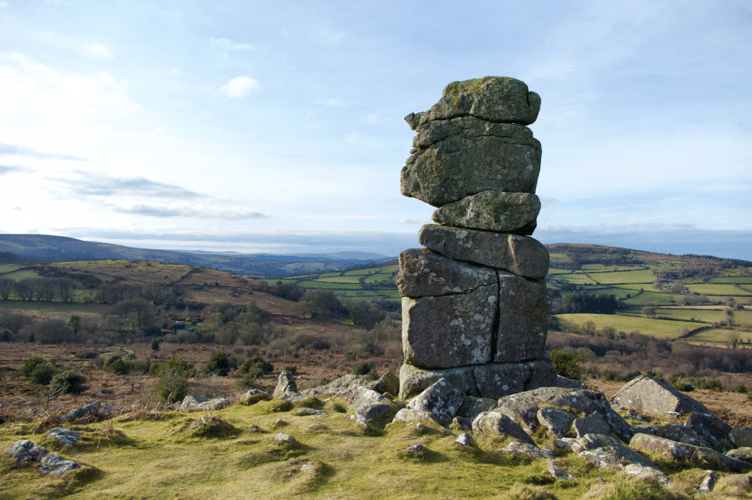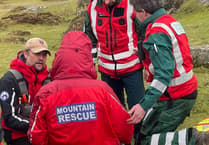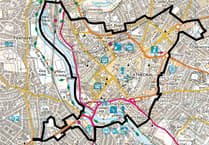A NEW vision for Dartmoor sets out a plan to give new life to its wilderness; restoring nature whilst strengthening and protecting it from the impact of climate change and meeting the changing needs of people, place and planet.
Convened by the Duchy of Cornwall and Central Dartmoor Landscape Recovery Project, it brings together dozens of collaborators to propose new approaches to grazing, biodiversity, conservation and hydrological restoration, as part of the largest project of its kind in the UK.
Dartmoor is expected to face longer droughts, fewer frost days, greater heat stress and increased and more extreme rainfall – changes that not only threaten its wildlife and ecosystems, but also its local communities, cultural heritage, and vital natural services.
The eight-month long study, covering 22,000 hectares of land, found that average frost days are expected to half over the next 40 years, and the chances of a dry summer will increase by 30%. Worryingly, climate scenarios predicting 2°C warming suggest Dartmoor may no longer be suitable for blanket peatland.
Home to 35,000 inhabitants and welcoming over two million visitors annually, Dartmoor provides essential resources such as clean water, timber and grazing land, with its vast peatlands also acting as an important store of carbon and water.
The Landscape Vision has been developed to create a resilient environment for the future, based on input from those who know, rely on, and care for Dartmoor - including graziers, foresters, ecologists, farmers, peatland restorers, hydrologists, water companies, soldiers, fire services, conservationists, and custodians.
Designed as a 20-year roadmap, the Vision outlines a set of guiding principles to inform the future environmental management of the Duchy’s Dartmoor estate.
Prioritising a holistic approach, these principles address the need for; restoring and enhancing the resilience of the natural landscape; promoting sustainable farming and land use practices (through efforts including ecologically led grazing and the prioritisation of native, species-rich grasslands); and, engaging the local community (through initiatives like developing a rural skills pool and providing affordable housing for landscape managers and retiring workers).
It highlights how wild landscapes across the country and beyond can adapt to climate change, sustain rural life and biodiversity, and benefit from a collaborative approach which builds upon knowledge of a wide variety of stakeholders.
The Duchy of Cornwall has identifiedthree key areas of focus that will helprealise and deliver on the principles setout in Landscape Vision.
These include: closer, practical partnerships between landowners, farmers and wildlife teams; a holistic strategy to address Dartmoor’s priority habitat challenges and agri-environment schemes implemented at the catchment level.
HRH Prince William, The Duke of Cornwall said: ‘Dartmoor is a magnificent and complex ecosystem - the balance between nature and people has evolved for thousands of years to shape the landscape we recognise today.
‘To keep Dartmoor special, we must respond to the twin challenges of global warming and the requirement to restore nature, while ensuring the communities on Dartmoor can thrive.
‘The Dartmoor Vision shows us what might be possible and how that might be achieved. It is bold and ambitious and something that I hope, by working together, can be delivered for not just the current generation but for generations to come’.





Comments
This article has no comments yet. Be the first to leave a comment.